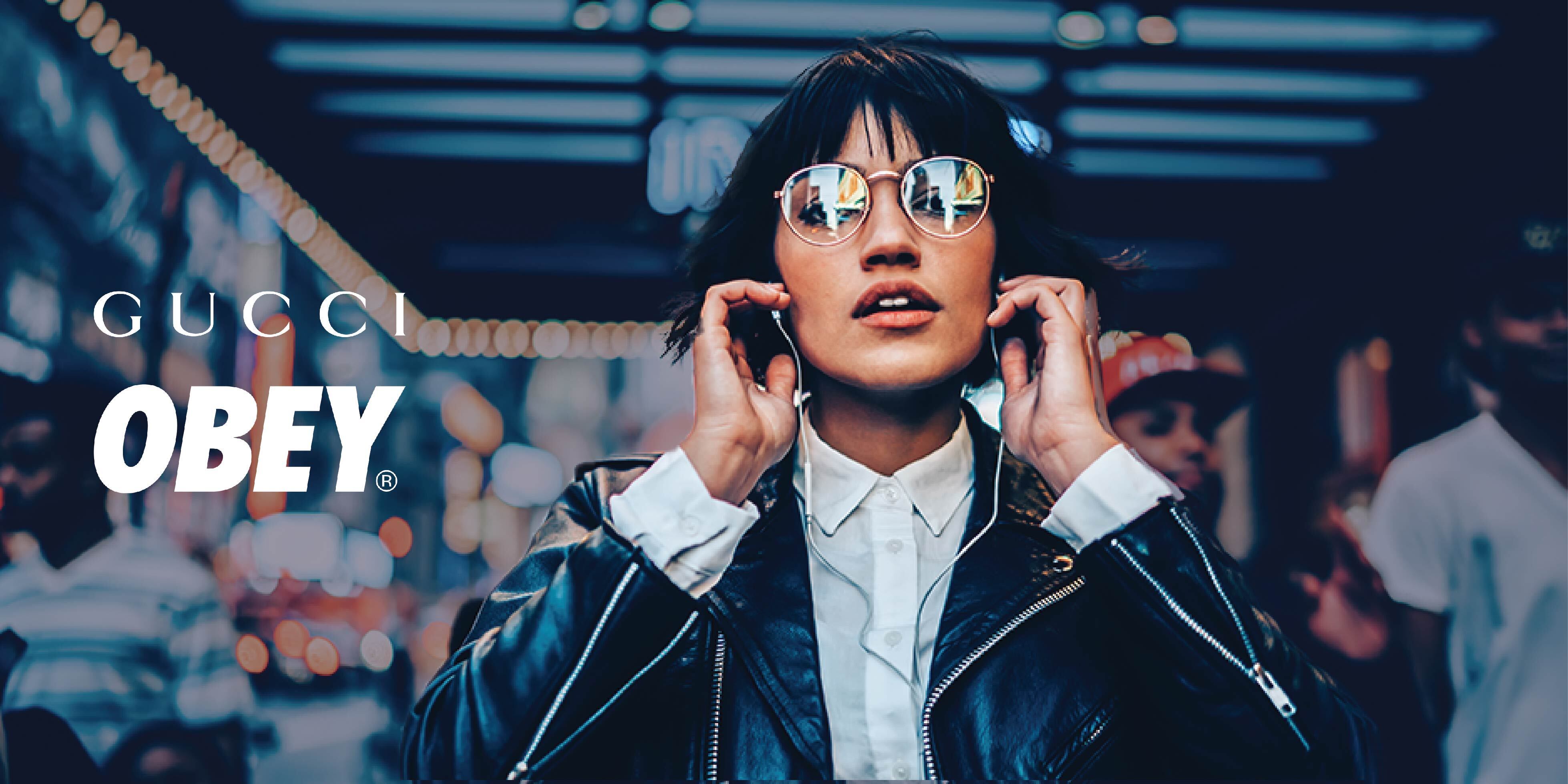By the end of this year, the global pandemic outbreak will be four years old, a fading emergency that forever changed the course of the consumer economy. Yet even more profound challenges lie ahead; while we were busy problem-solving through Covid-19, big changes were developing among the generations.
Retailers increasingly tell me their biggest concern is the “aging out” of their audiences.
Today about one in five Americans are 65 years or older, their prime consuming years behind them. Younger generations are becoming prime targets, but they bring with them values and interests that are complex, tribal, and fluid.
My youngest son, a member of Gen Z (born 1997 to 2012), recently pointed out a belt by Gucci that he liked. Gucci has been around forever, and one might assume it’s a brand that would appeal primarily to older generations. I was intrigued. What did he consider a cool t-shirt brand? “How about Abercrombie?”
He rolled his eyes. “That's so Millennial!”. Instead, he gushed about OBEY, a skater brand that borrows its logo from the American cult horror film, “They Live.” OBEY markets itself as being “about diversity and gaining experience, thinking about you and your living and the purpose of asking questions.” I, a Baby Boomer, had never heard of it.
Generally, brands tend to appeal to specific generations, and the retail executives I've been talking to recently are trying to figure out how to deal with the “aging out” dilemma.
Brands that have done well with their lines of goods are sweating out their product mix to keep their core customers while attracting younger generations.
Marketing will become increasingly complicated and surprising in the next few years. For example, the spending power of Gen Z is forecast to overtake that of millennials by 2031, and in a recent report on Generation Alpha, Razorfish, a technology consulting firm to the retail industry, noted that spending on makeup, skincare, and fragrance is projected this year to rise 19% from 2022. More teens than ever before (45%) are wearing makeup every day, according to Korinne Wolfmeyer, a research analyst at Piper Sandler.
Access to the Internet by children “has accelerated the brand maturity of Gen Alpha (age 13 and up) consumers at a higher rate than previous generations, according to a study by marketing consultant Razorfish. The report noted that kids are “opting for adult-focused brands over ‘kiddie brands’ before they enter their teens.”
Razorfish president Dani Mariano said the findings suggest, “Gen Z had a profound impact on how brands approached their consumer experiences, but companies need to brace themselves even more for the changes Gen Alpha will infuse. They aren’t just digital natives; these are digital ninjas, and whether brands are ready or not, they’re coming.”
Thinking just a little ahead, retailers and brands would be well served to understand these newer generations and, specifically, how they feel about the product lines they have in the market or are bringing to market in the future.
Elsewise, the risks are real, and the impact can be devastating. Just ask a few company executives who recently had product launches or marketing gaffes.
*Subscription Required

















